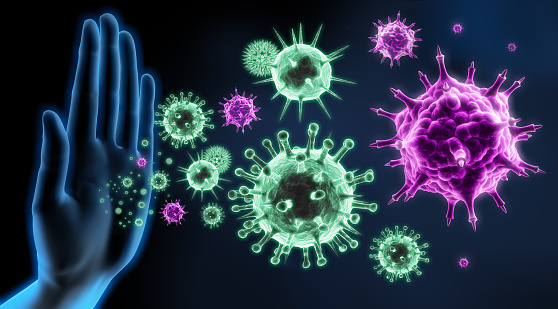Handwashing Your Way to Better Health

Handwashing Your Way to Better Health This Cold & Flu Season
The first full week in December is National Handwashing Awareness Week, a time to reflect on the merits of handwashing your way to better health. Maintaining healthy hygiene habits is one of your best defenses against influenza, COVID-19, and RSV (Respiratory Syncytial Virus Infection). All three still pose significant public health threats this cold and flu season. In the post-pandemic era, dismissing such health concerns and letting your guard down is easy, but we must remain vigilant. Below, Pegalis Law Group, LLC examines helpful hand hygiene tips to keep you and your loved ones healthy.
Handwashing Reduces Your Risks of More Severe Complications
Keeping your hands clean can help save lives this cold and flu season, and not just your own. Having clean hands removes unwanted germs to prevent the spread of many respiratory, gastrointestinal, and diarrheal infections. According to the Centers for Disease Control and Prevention (CDC), handwashing helps prevent 1 in 5 infections and 1 in 3 diarrhea-related illnesses. If not treated properly, such infections can lead to more severe complications, especially for those with weakened immune systems. Sepsis, bacteremia, and septic shock are all life-threatening conditions caused by complications from infections. They can cause permanent tissue damage, organ failure, limb amputations, and even death.
Most Cost-Effective Way to Prevent Bacterial & Viral Infections
Handwashing is one of the most cost-effective ways to prevent the spread of bacterial and viral infections, many of which require antibiotics to treat. Scientific research suggests handwashing helps prevent antibiotic resistance. Aside from COVID-19, handwashing can help prevent the spread of noroviruses, hepatitis A, E.coli, chicken pox, meningitis, and other airborne illnesses. Germs commonly spread when we touch contaminated or dirty objects and surfaces and then touch our faces with unwashed hands. To help prevent the spread of illnesses and infections, we should all wash our hands:
- When preparing food (especially raw meat)
- Before and after eating
- After going to the bathroom
- Before and after treating wounds
- After coughing, sneezing, or blowing your nose
- After leaving a public area
- After being around or caring for someone who is sick
- After changing diapers or assisting a child in going to the bathroom
- After handling an animal or their food
- After scooping up animal waste
- After handling garbage
Follow the CDC’s 5-Step Handwashing Guide for Clean Hands
We all know washing our hands using soap and clean water is important. Following the CDC’s five-step handwashing guide below will ensure every member of your household washes their hands more effectively this cold and flu season and beyond:
- Wet – Wet your hands using clean, running water (can be warm or cold).
- Lather – Lather soap on your hands, ensuring you get in between your fingers and under your fingernails. If soap is unavailable, use a hand sanitizer that’s at least 60% alcohol.
- Scrub – Scrub your hands with soap and clean water for at least 20 seconds. If you need help determining how long 20 seconds is, you should be able to hum or sing the “Happy Birthday” song at least twice while scrubbing.
- Rinse – Rinse your hands well under the clean, running water.
- Dry – Dry your hands using a clean towel, paper towel, or hand dryer. You can also air-dry them.
Raising Public Healthcare Awareness for 50+ Years
As a New York-based personal injury and medical malpractice law firm for 50+ years, Pegalis Law Group, LLC cares about creating public awareness on various healthcare topics. Please visit our website and follow us on YouTube, Twitter, Facebook, and LinkedIn for more tips to keep you and your loved ones happy and healthy this year.
